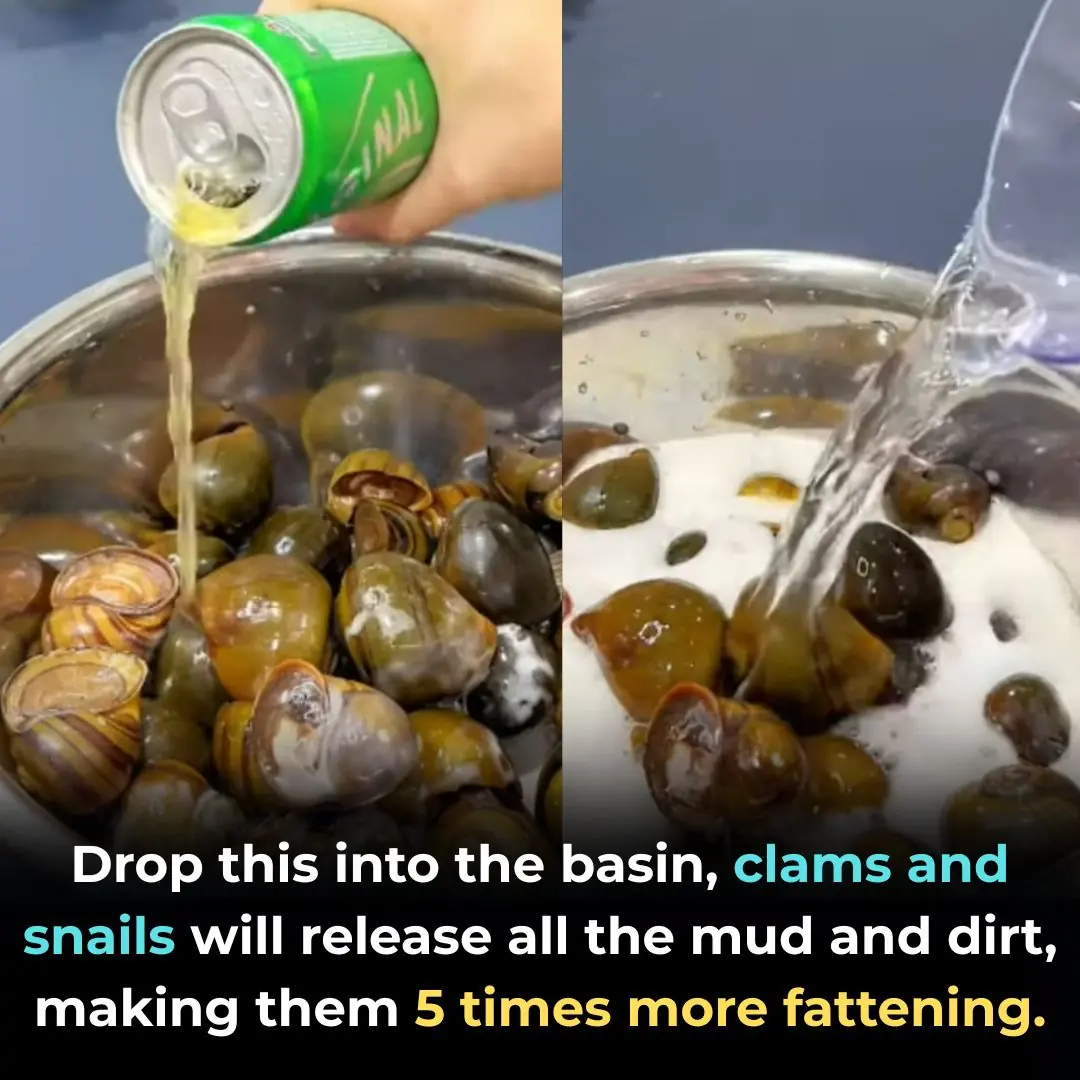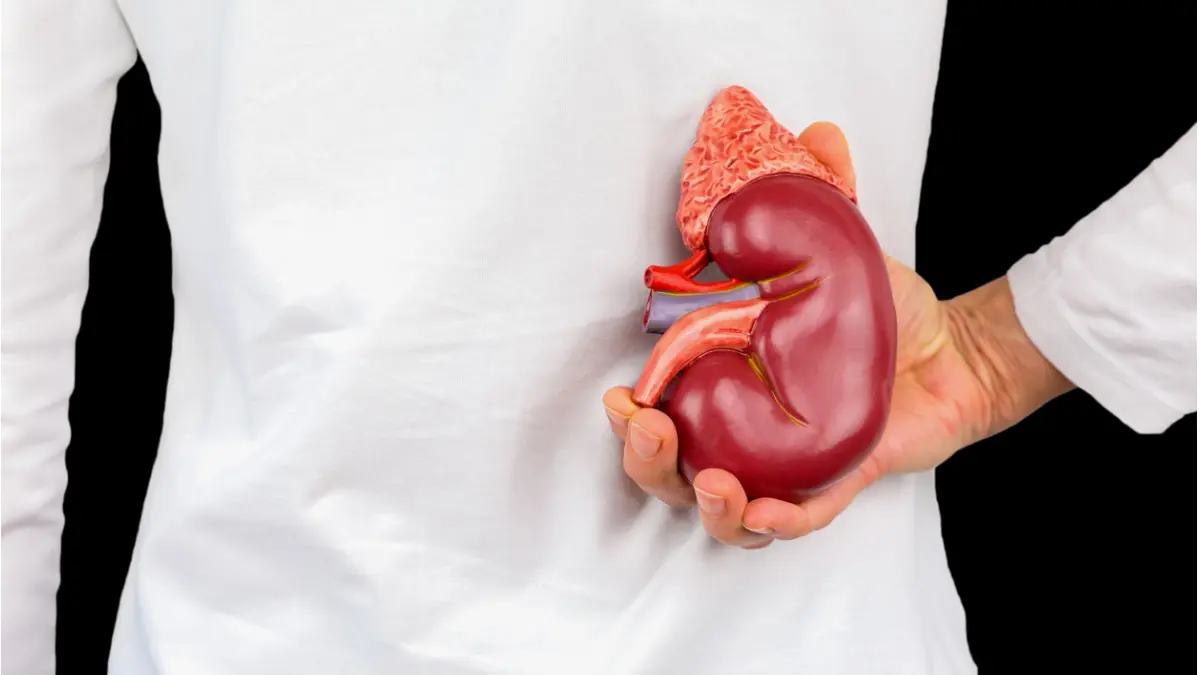
Top 5 Foods to Avoid if You Have High Blood Pressure
Top 5 Foods to Avoid if You Have High Blood Pressure
High blood pressure, often referred to as the “silent killer,” affects nearly one in three adults worldwide. It remains the leading risk factor for cardiovascular disease—the number one cause of death in developed nations. The reason it’s called “silent” is that hypertension can quietly damage your body for years before any visible symptoms appear, increasing the likelihood of heart attacks, strokes, kidney failure, and even cognitive decline or dementia.
Alarmingly, over half of people diagnosed with hypertension fail to manage it properly—often because they are unaware of how certain foods directly worsen their condition. In this article, we’ll explore five common categories of foods you should minimize or completely avoid if you have high blood pressure (defined as a consistent reading of 140/90 mmHg or higher).
These foods are often loaded with added salt, sugar, unhealthy fats, and preservatives that can stiffen, narrow, or weaken your arteries over time, making blood pressure control much harder.
:max_bytes(150000):strip_icc()/Health-GettyImages-2212083386-afb4829954ff4883971aedd85fc1d2dc.jpg)
#5: High Added-Sodium Foods
Salt is one of the most well-known contributors to high blood pressure, but few people realize how much sodium they actually consume daily. While sodium is an essential mineral that helps regulate fluid balance and nerve function, too much of it leads to fluid retention—forcing your heart to pump harder and raising blood pressure.
Certain groups—such as people with hypertension, diabetes, kidney disease, older adults, and African Americans—are especially sensitive to sodium’s effects.
The American Heart Association (AHA) recommends limiting sodium intake to less than 2,300 mg per day, ideally around 1,500 mg for those with high blood pressure. However, the average American consumes over 3,500 mg daily, with nearly 70% of that coming from processed or restaurant foods.
But it’s not just about how much salt you eat—it’s also what kind. Regular table salt is highly refined and stripped of beneficial trace minerals. It often contains additives like dextrose, anti-caking agents, and even microplastics from industrial processing. Instead, opt for natural, unrefined salts such as sea salt or Himalayan pink salt, which contain lower sodium per teaspoon and preserve valuable minerals like magnesium, potassium, and calcium.
Here are some of the worst sodium offenders to watch for:
-
Canned foods (soups, beans, sauces, vegetables): Half a cup of tomato sauce can contain over 400 mg of sodium; a serving of canned beans may have more than 1,000 mg.
-
Processed and deli meats (ham, turkey, salami, hot dogs): Three slices of deli turkey can contain 1,000 mg of sodium—before adding condiments, cheese, or bread.
-
Frozen and pre-packaged meals (pizzas, pies, frozen entrees): A single 12-inch frozen pepperoni pizza can exceed 1,500 mg of sodium.
-
High-sodium snacks (chips, salted nuts, instant noodles, pickles): A medium pickle alone provides up to 800 mg of sodium, and a pack of instant noodles up to 1,820 mg.
-
Condiments and sauces (soy sauce, teriyaki, ketchup): Soy sauce is particularly high, with 1,500 mg of sodium per tablespoon.
A smart strategy is to eat potassium-rich foods—like bananas, avocados, spinach, and sweet potatoes—to balance sodium levels naturally.
#4: High Added-Sugar Foods
Salt isn’t the only culprit—sugar plays an equally destructive role. Research published in Open Heart (2014) suggests that added sugar, particularly fructose, may be even worse for blood pressure than salt.
Unlike natural sugars found in fruits, which are balanced with fiber, added sugars from processed foods and sweetened beverages quickly spike blood glucose and insulin levels. This promotes insulin resistance, which in turn drives up blood pressure.
High insulin causes your kidneys to retain sodium, reduces nitric oxide production (making blood vessels less flexible), overstimulates your nervous system, and disrupts your body’s sodium–potassium balance—all of which increase blood pressure.
Common hidden sources of added sugar include:
-
Sodas and energy drinks (one 12-ounce can of soda has around 39 g—or 10 teaspoons—of sugar).
-
Fruit juices labeled “100% natural” but still high in fructose.
-
Candies, pastries, white bread, and baked goods.
-
Flavored yogurts and breakfast cereals.
The AHA recommends that women consume no more than 6 teaspoons of added sugar per day and men no more than 9 teaspoons. Yet the average American adult consumes around 17 teaspoons daily, far exceeding healthy limits.
Cutting back on sugar not only improves blood pressure but also helps prevent obesity, type 2 diabetes, and fatty liver disease—all linked to hypertension.
⚠️ A note on artificial sweeteners: Many people turn to “diet” products with aspartame, sucralose, or saccharin, assuming they’re safer. However, studies have shown that these sweeteners may also raise blood pressure and increase the risk of heart disease and metabolic disorders. If you need a sweetener, opt for small amounts of natural ones like monk fruit or raw honey in moderation.
#3: Fried Foods
Fried foods are among the unhealthiest choices for people with hypertension. They’re typically cooked in refined vegetable oils at high temperatures, producing toxic compounds called Advanced Glycation End Products (AGEs). These molecules promote inflammation and oxidative stress, damaging the delicate lining of blood vessels.
Frequent consumption of fried items—like fries, fried chicken, donuts, and battered fish—has been linked to a 14–17% increased risk of developing hypertension and heart disease.
Refined oils such as soybean, corn, canola, cottonseed, safflower, and grapeseed oil are especially harmful when reused multiple times, as is common in fast-food chains.
For cooking at home, use healthier, heat-stable oils such as extra virgin olive oil, avocado oil, macadamia oil, or sesame oil. Baking, air frying, or grilling can offer the same satisfying crunch without the blood-pressure spike.
#2: Alcohol
The relationship between alcohol and blood pressure is direct and dose-dependent—the more you drink, the higher your blood pressure rises.
A 2023 review of 15 controlled studies found that reducing alcohol consumption significantly lowers both systolic and diastolic blood pressure. Regular heavy drinkers can see notable improvements after just a few weeks of abstinence or moderation.
If you choose not to quit completely, limit intake to no more than one drink per day, whether it’s wine, beer, or spirits. Remember that alcohol is also high in calories and can contribute to weight gain—a major driver of hypertension.
#1: Highly-Caffeinated Drinks
Caffeine temporarily constricts blood vessels and stimulates the nervous system, leading to short-term spikes in blood pressure. For most healthy people, this effect is mild and transient. But for those with hypertension, especially caffeine-sensitive individuals, it can be dangerous.
Energy drinks are particularly risky. Many contain two to six times more caffeine than coffee, combined with sugar and other stimulants like taurine or guarana. A 2019 study from the American Heart Association found that drinking 32 ounces of energy drink raised both blood pressure and heart rate significantly within 30 minutes—and the effects lasted for several hours.
Regular coffee, on the other hand, appears less harmful. Long-term studies suggest that habitual coffee drinkers may develop tolerance to caffeine’s blood pressure effects. Still, moderation is key: 1–2 cups per day is generally safe for most people with well-controlled blood pressure.
If you notice your blood pressure rises after coffee or tea, switch to decaf or herbal alternatives like rooibos or chamomile.
Final Thoughts
Managing high blood pressure isn’t just about medication—it’s about everyday food choices. Avoiding excessive salt, sugar, fried foods, alcohol, and caffeine can dramatically improve heart health and longevity.
Focus on whole, unprocessed foods: fresh vegetables, fruits, lean proteins, legumes, nuts, seeds, and whole grains. Drink plenty of water, exercise regularly, and get enough sleep to support optimal blood vessel health.
Small, consistent changes to your diet can yield powerful long-term benefits for your heart and overall well-being.
News in the same category

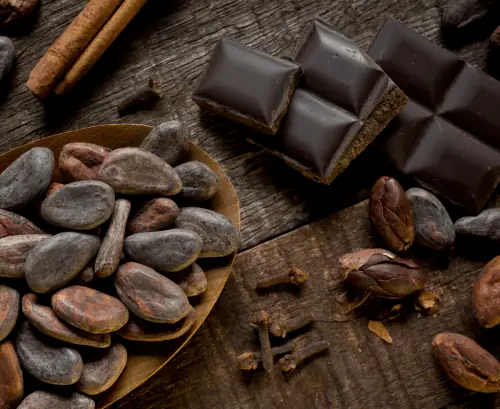
Dark Chocolate and Tea Found to Significantly Lower Blood Pressure
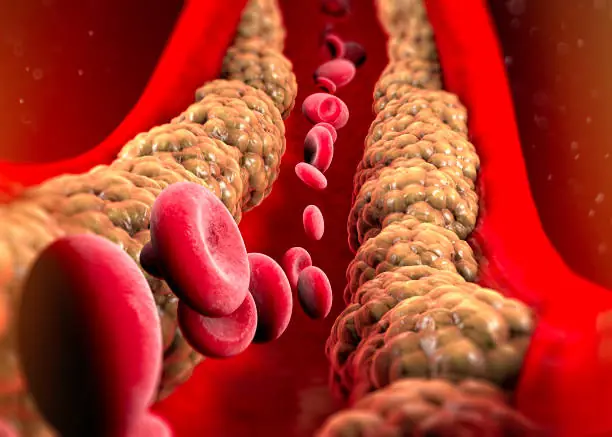
Why This Doctor Refuses to Prescribe Statins for High Cholesterol

How bathing too often can affect your health
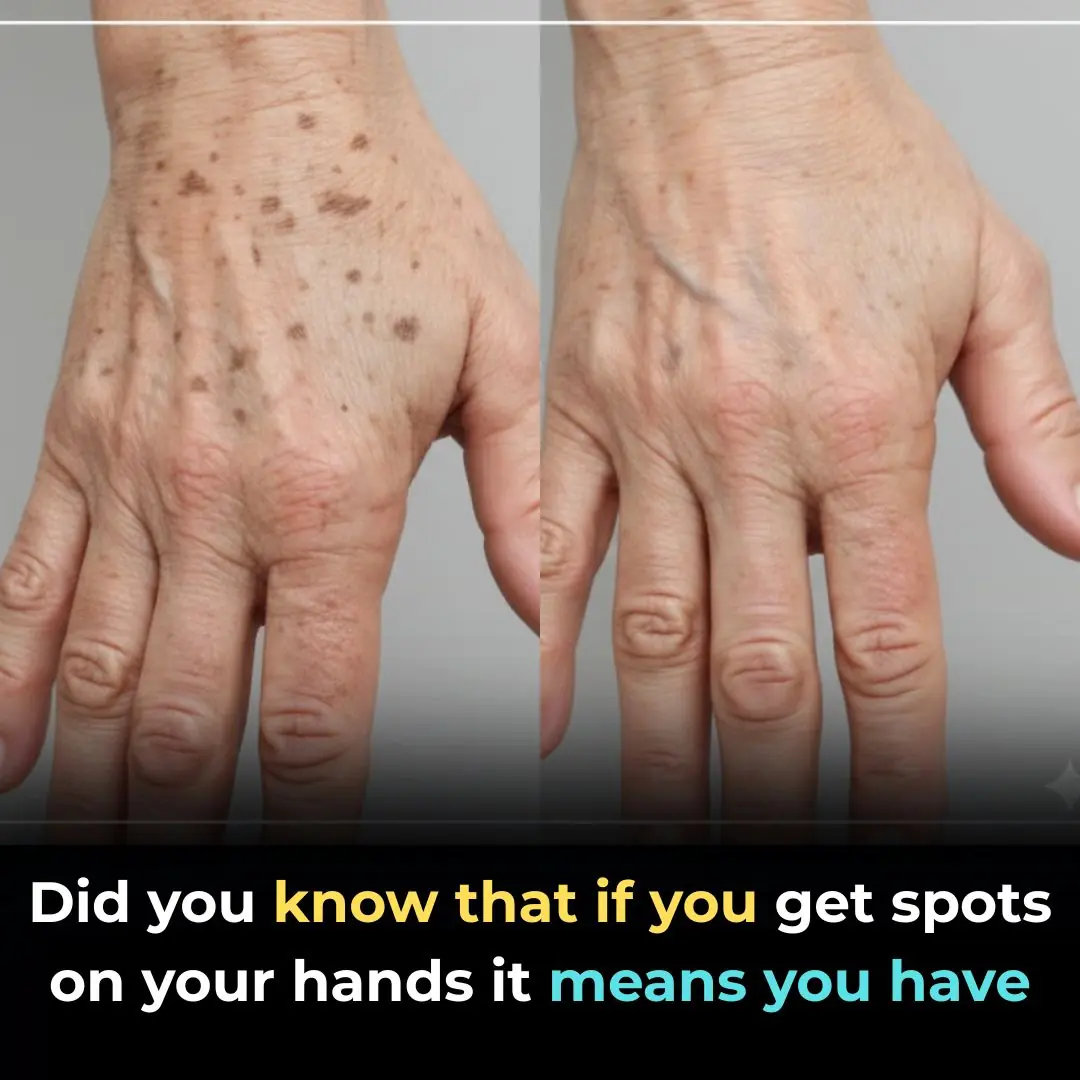
Did you know that if you get spots on your hands it means you have
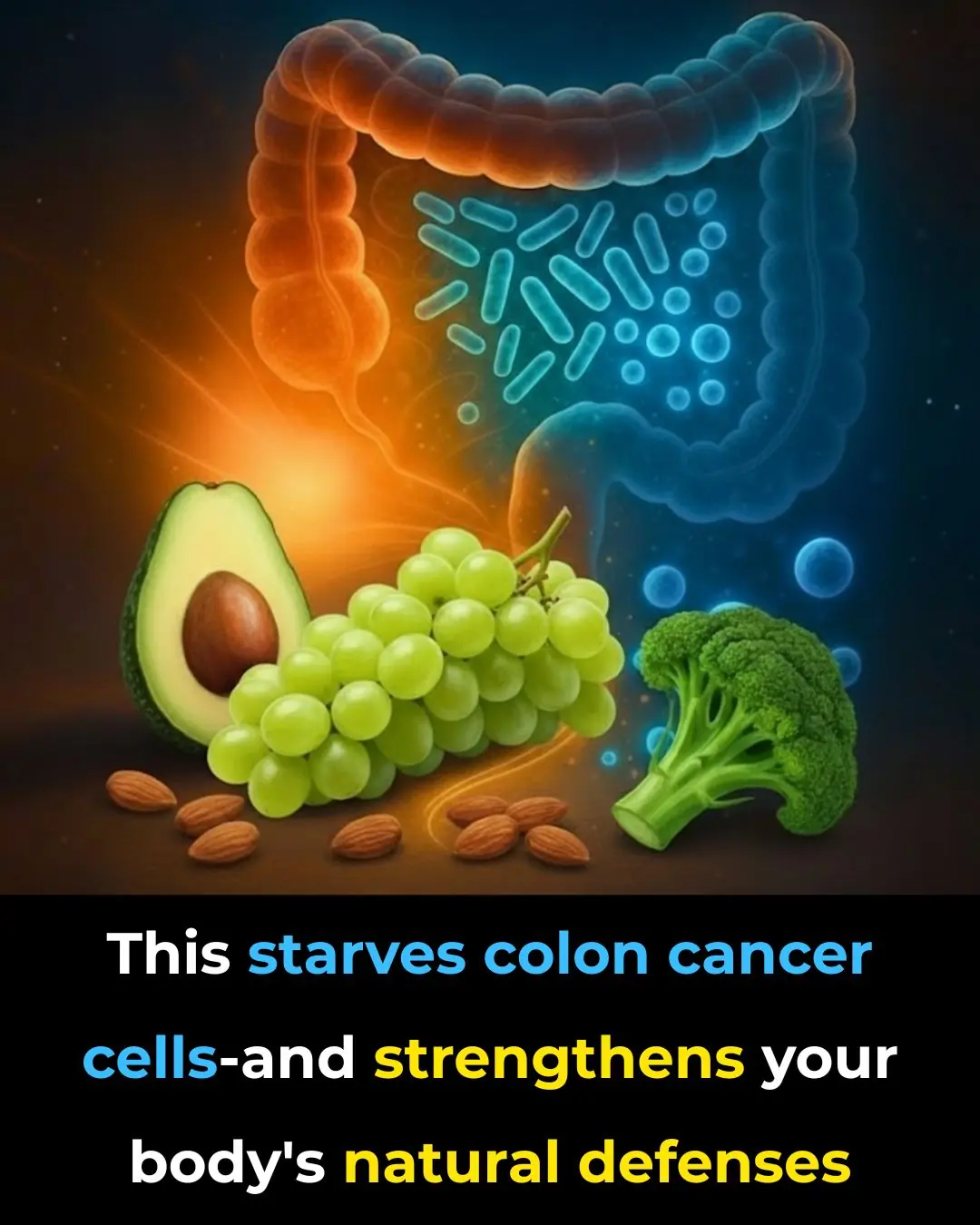
This starves colon cancer cells — and strengthens your body’s natural defenses
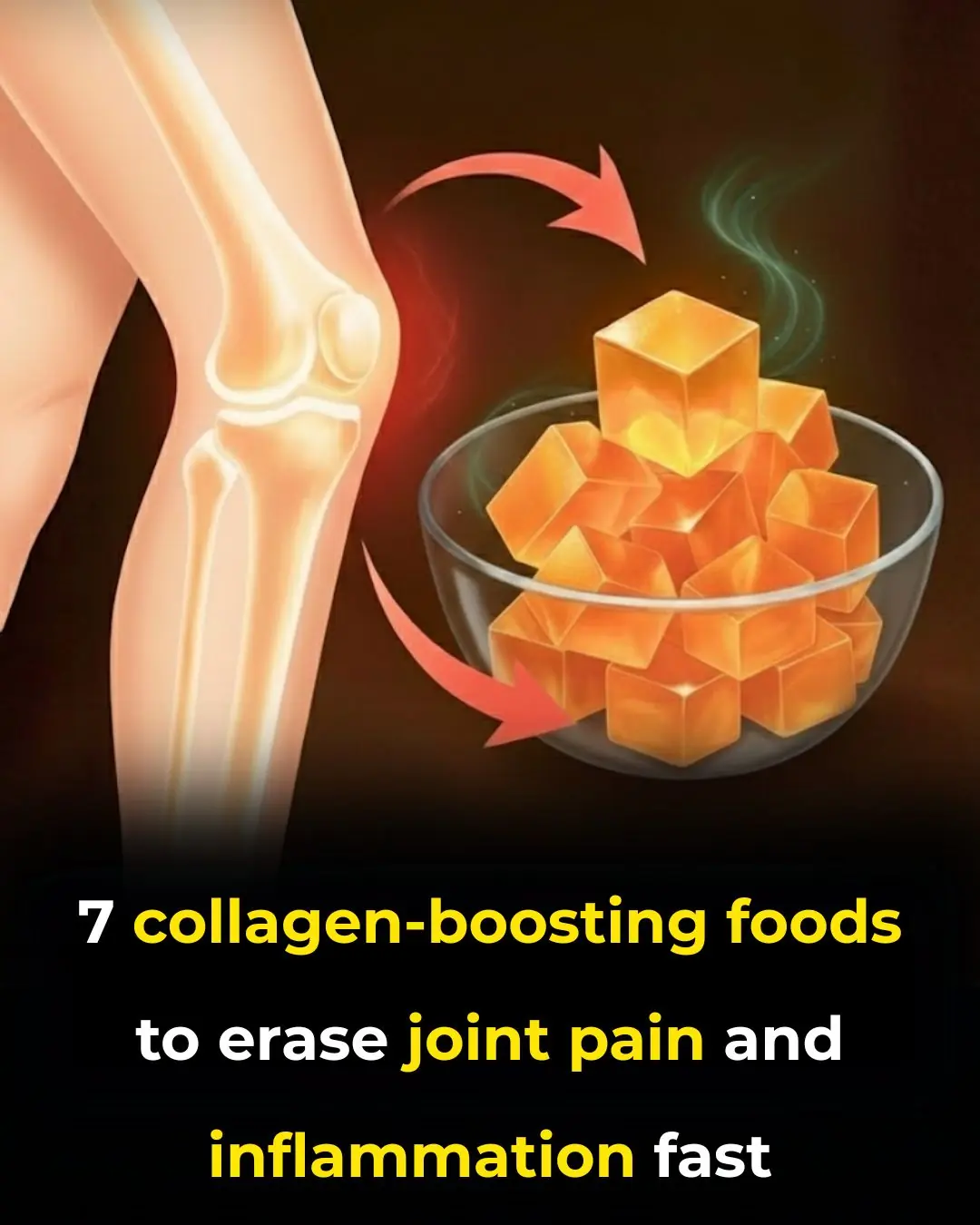
7 COLLAGEN-boosting foods to ERASE joint pain & inflammation FAST!

The Human Brain Isn’t Built for Late Nights, Experts Warn
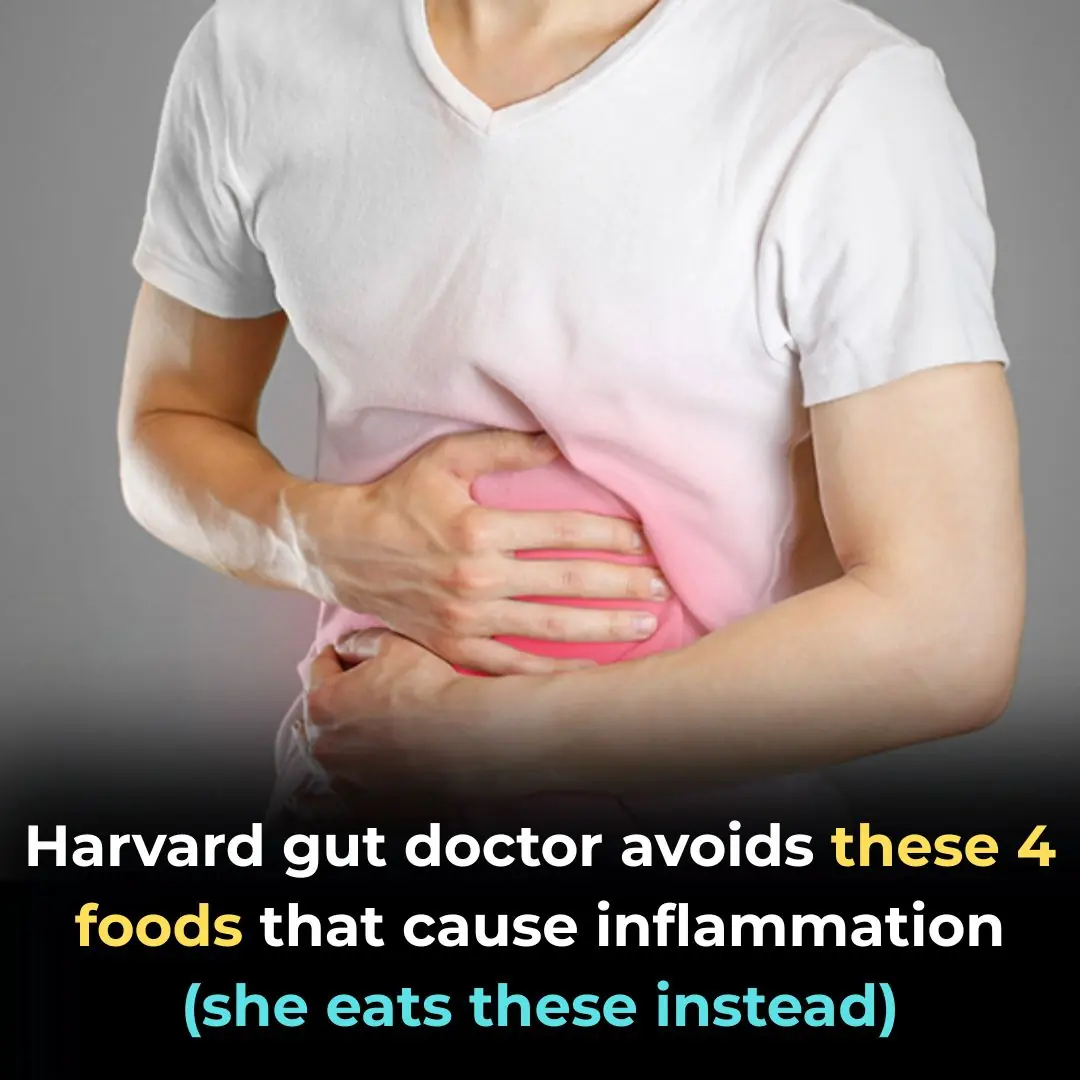
Harvard Doctor Reveals Foods You Should Avoid to Prevent Inflammation
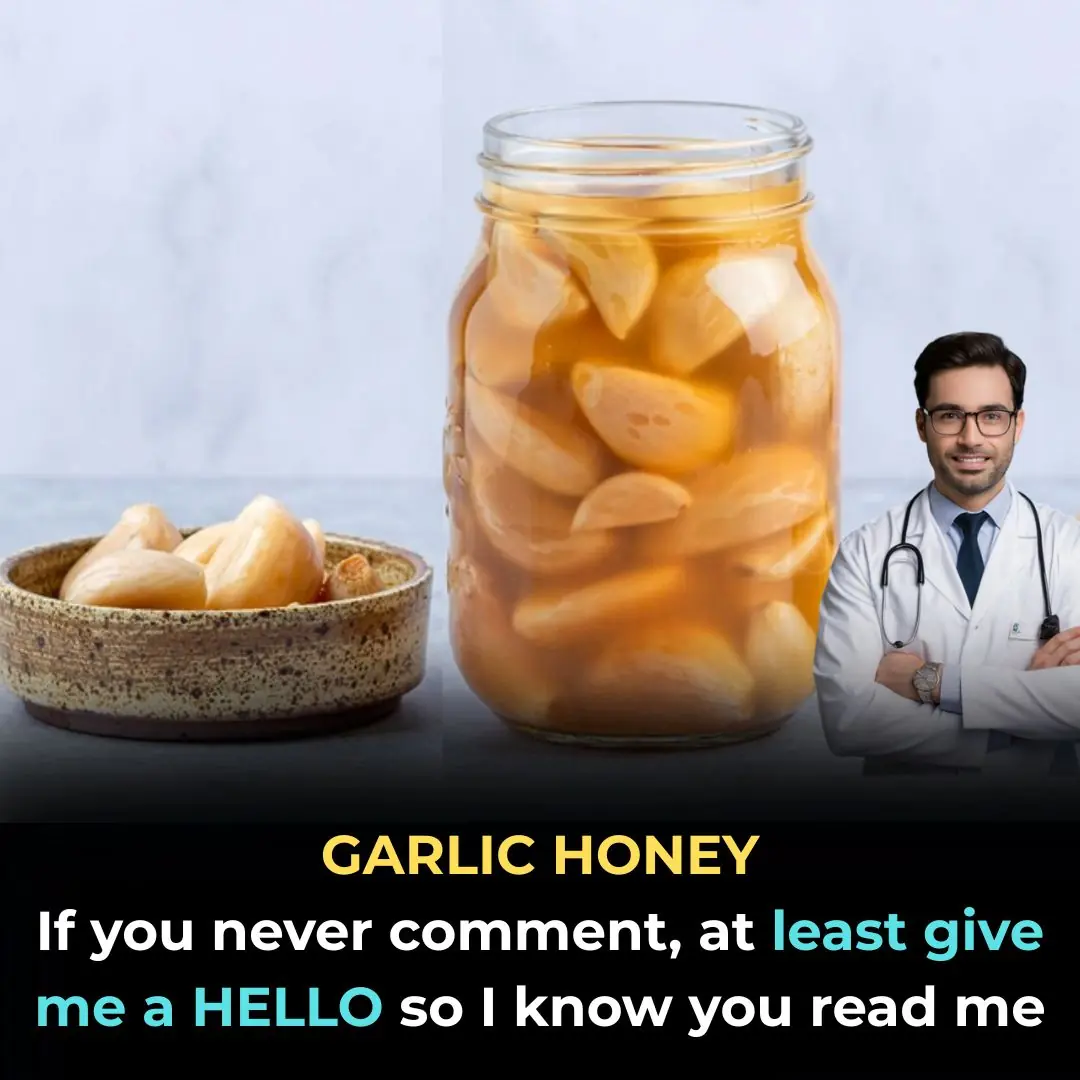
Unlock Your Body’s Hidden Power: Try Garlic and Honey on an Empty Stomach for 7 Days
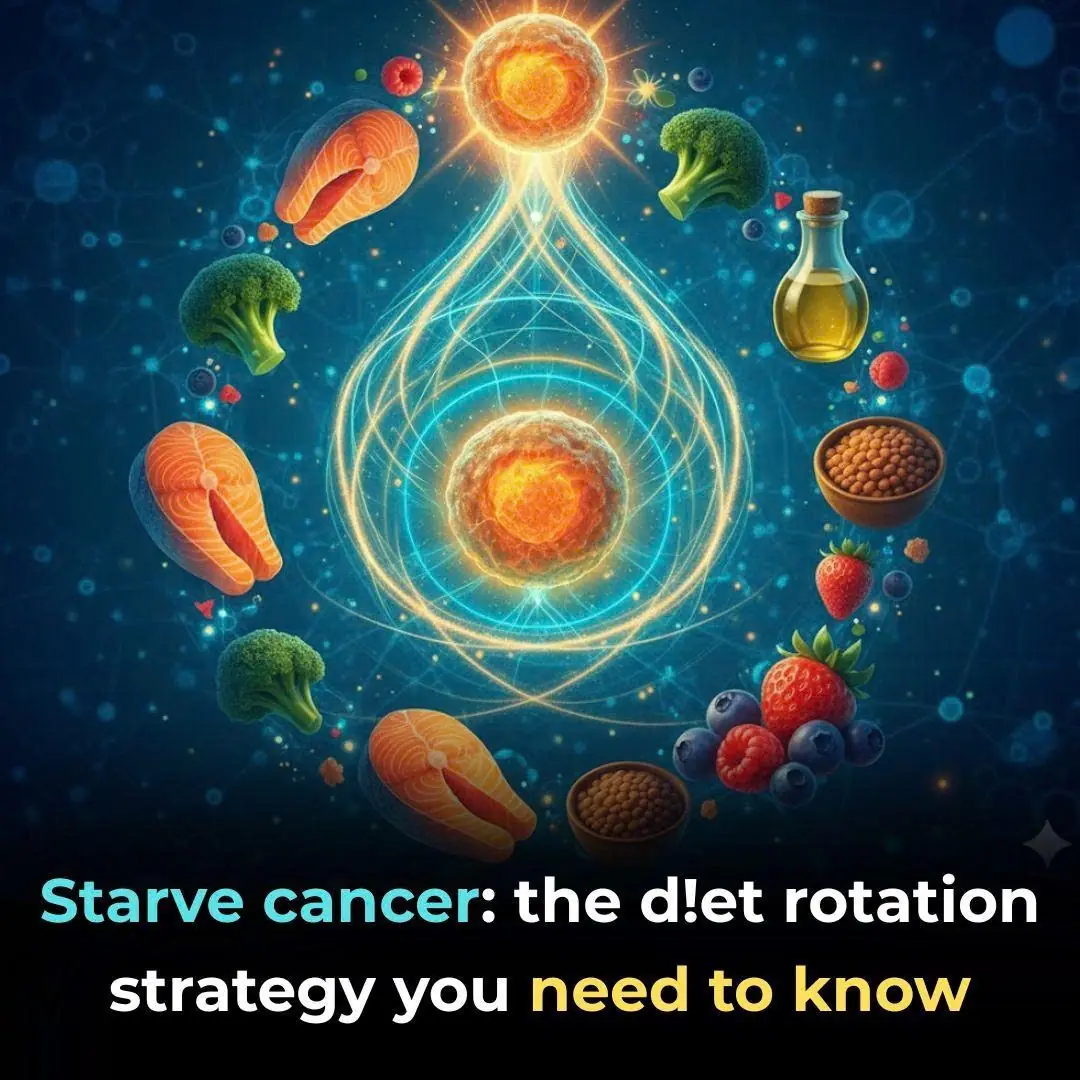
Starve cancer: the diet rotation strategy you need to know

SHOCKING NEW STUDY REVEALS WHAT MIGHT BE SILENTLY DESTROYING HUMAN FERTILITY

POPULAR SHAMPOO URGENTLY RECALLED BECAUSE IT CONTAINS BACTERIA THAT KILLS UP TO ONE IN TEN PATIENTS

Nurse who's witnessed 'so many deaths' explains spine-chilling moment she realised 'what happens after we die'
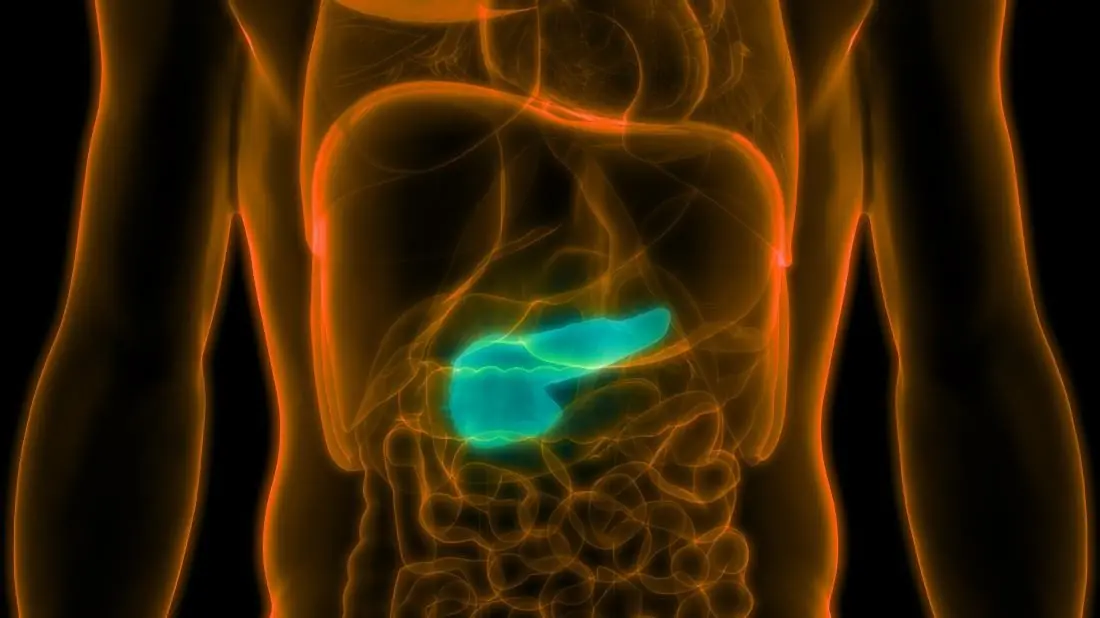
The influenza flu virus is being used to cure pancreatic cancer
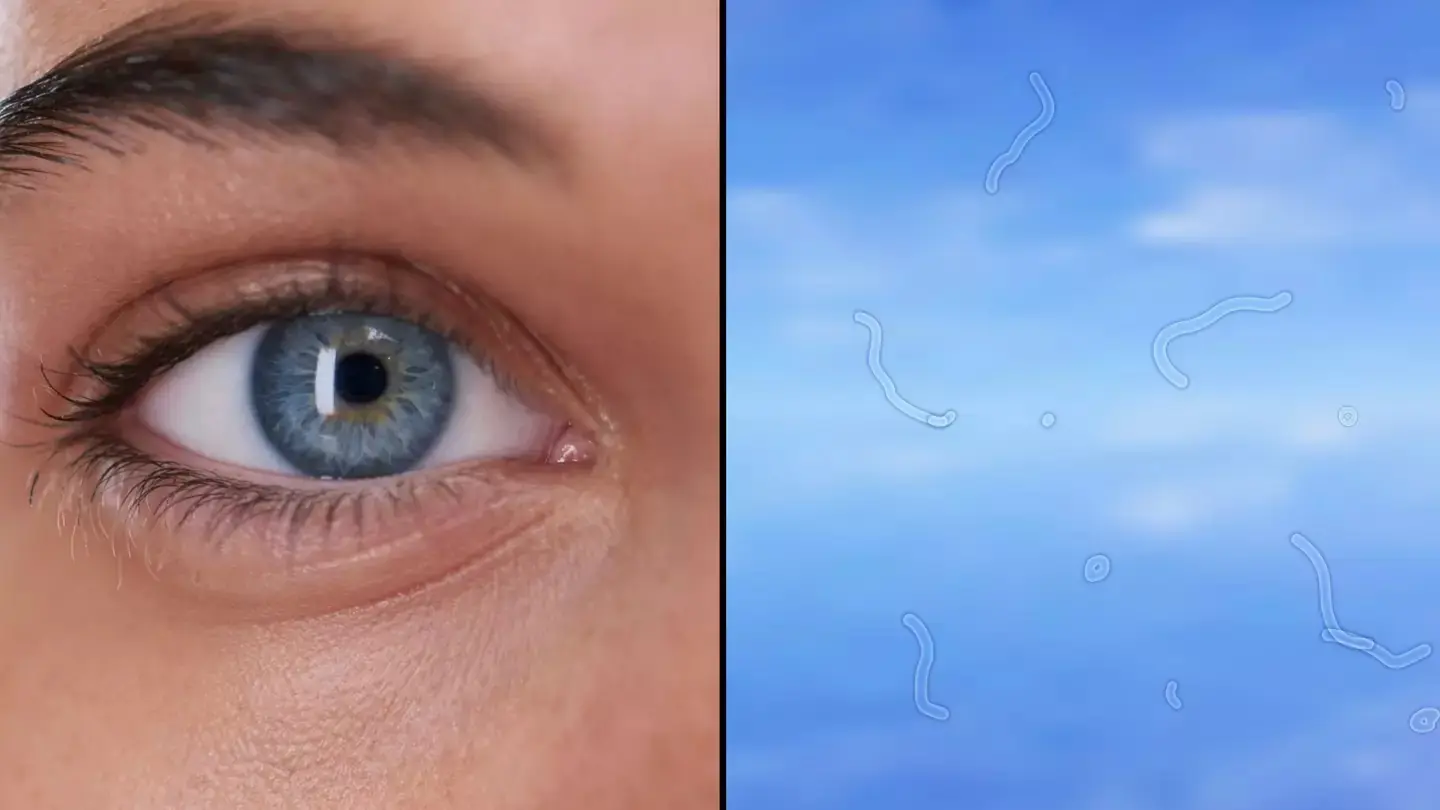
Eye Doctor Reveals What To Do If You Start Seeing ‘Floaters’
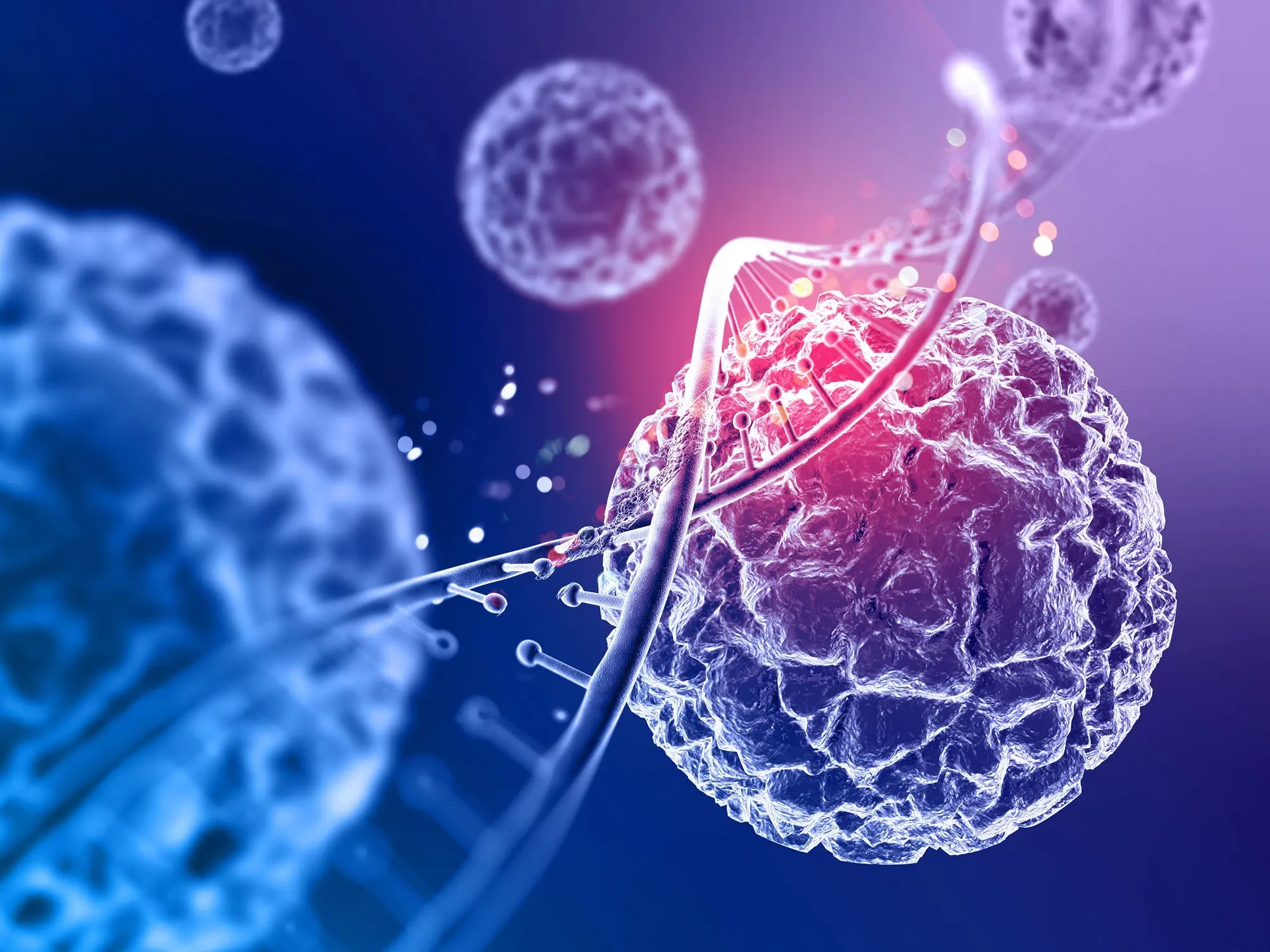
If cancer cells are present in the body, these 3 symptoms often appear in the morning everyone should pay attention
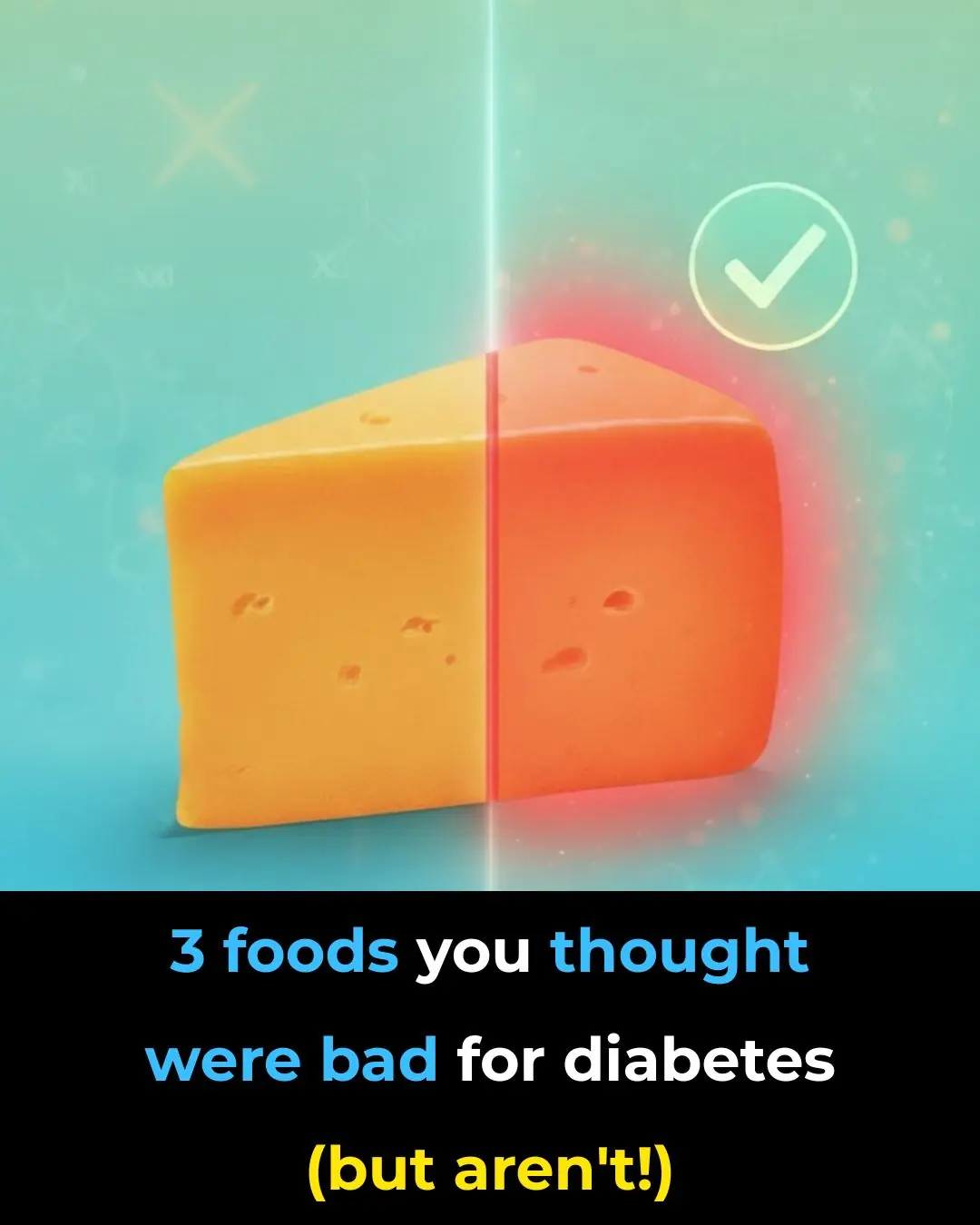
3 foods you thought were bad for diabetes (but aren’t!)
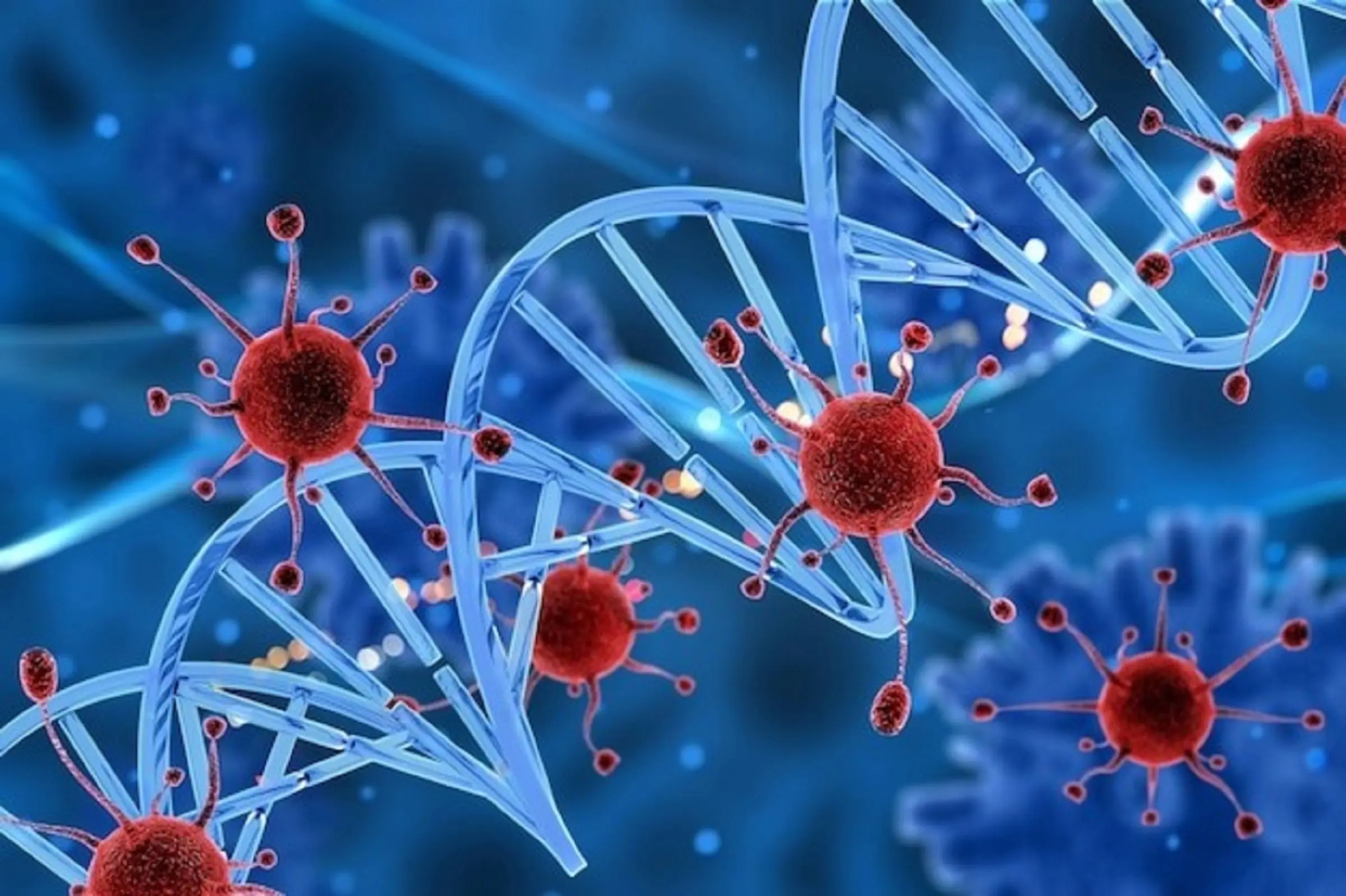
CANCER IS PAINLESS AT FIRST, BIT IF YOU SEE THESE 8 SIGNS WHEN GOING TO THE TOILET, YOU SHOULD SEE A DOCTOR IMMEDIATELY
News Post

Cloves and Onion: An Ancient Remedy with Modern Benefits

The #1 Food for Detoxifying and Supporting Kidney Health

Dark Chocolate and Tea Found to Significantly Lower Blood Pressure

Why This Doctor Refuses to Prescribe Statins for High Cholesterol
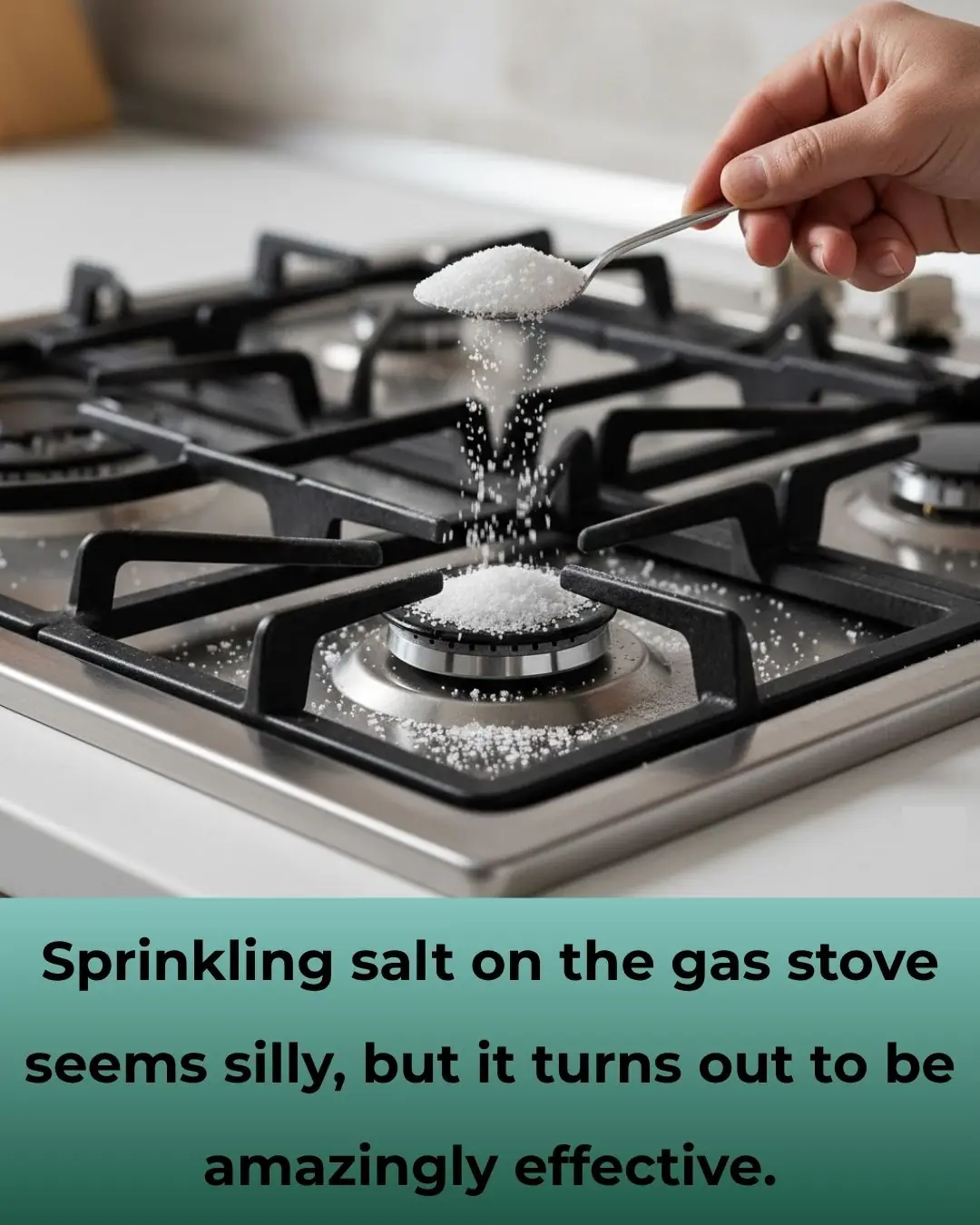
Why You Should Sprinkle Salt on Your Gas Stove

3 Flowers That Make Snakes Tremble — Natural Repellents You Can Grow at Home
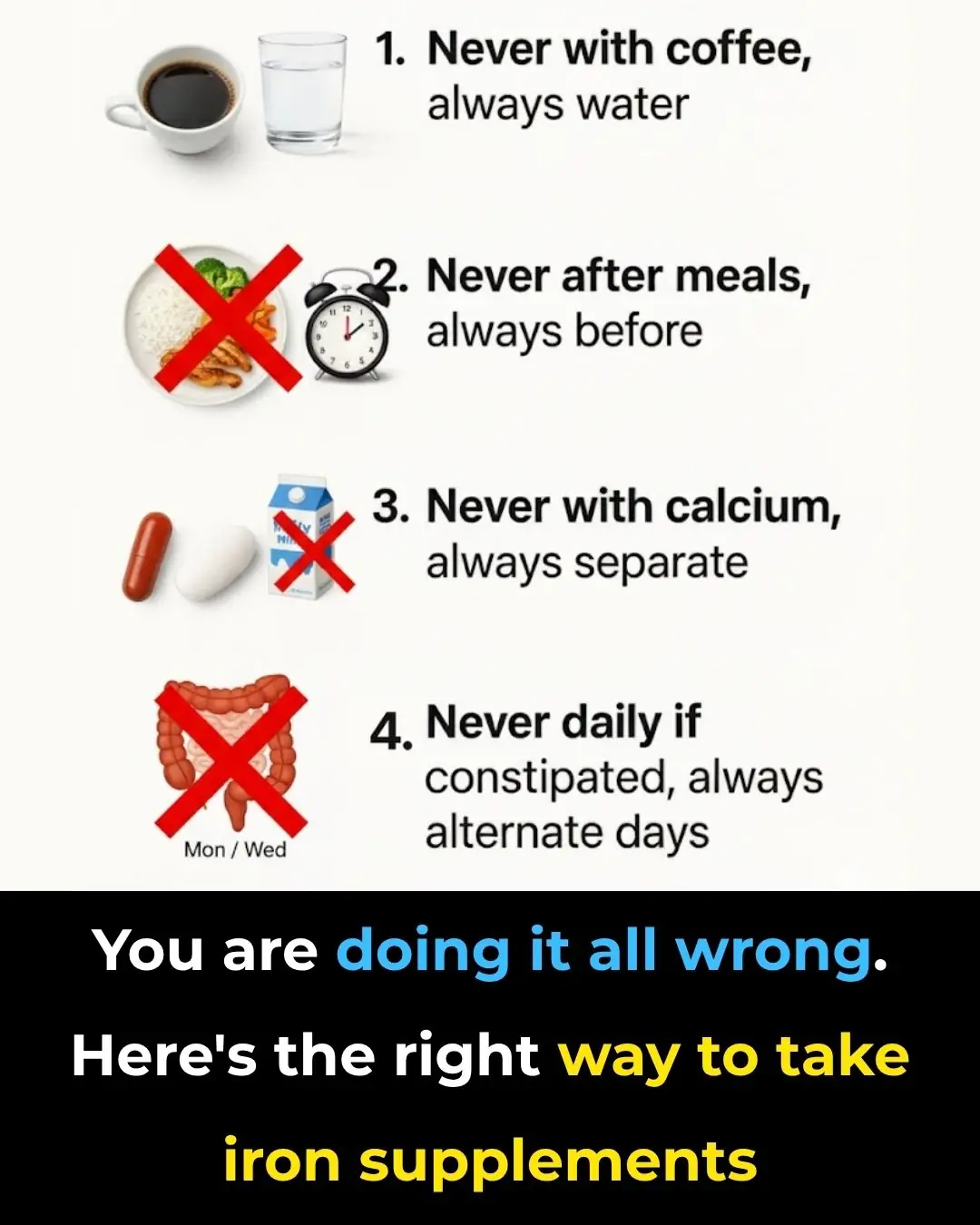
You’re Taking Iron Supplements Wrong — Here’s the Science-Backed Way to Do It Right
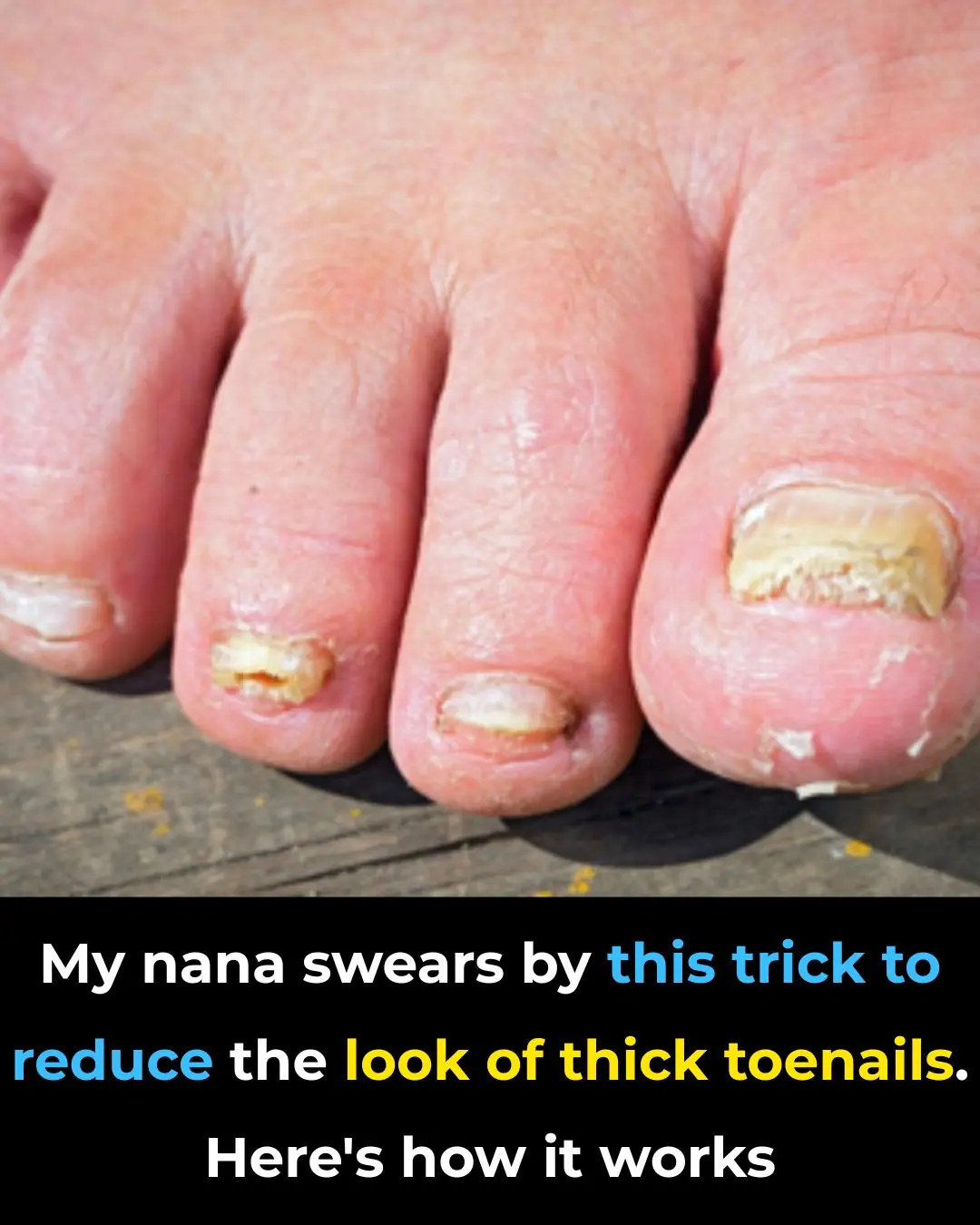
Nana’s Baking Soda Hack: The Surprisingly Effective Trick to Soften and Thin Thick Toenails
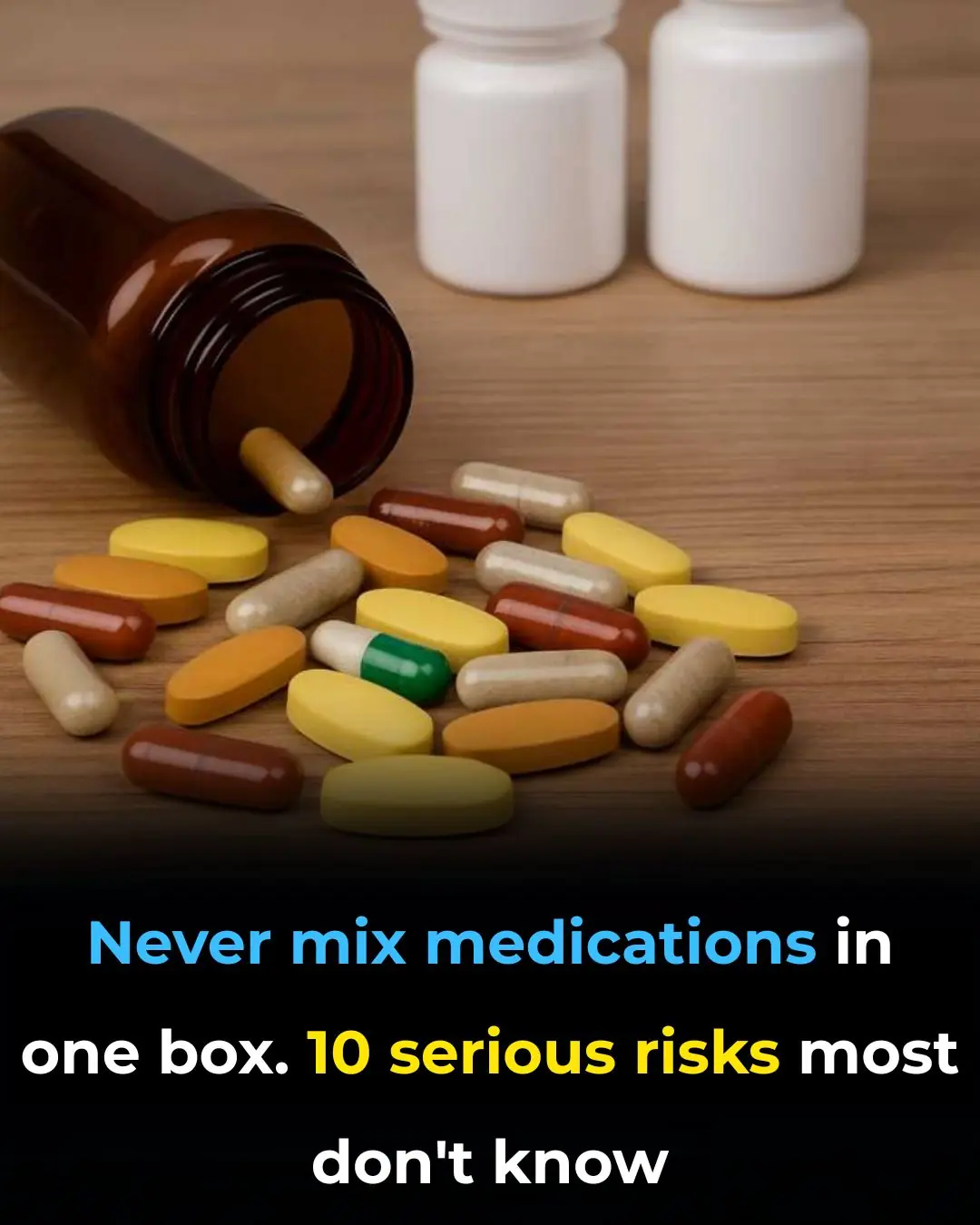
Never Mix Medications in One Box: 10 Serious Risks Most People Don’t Know
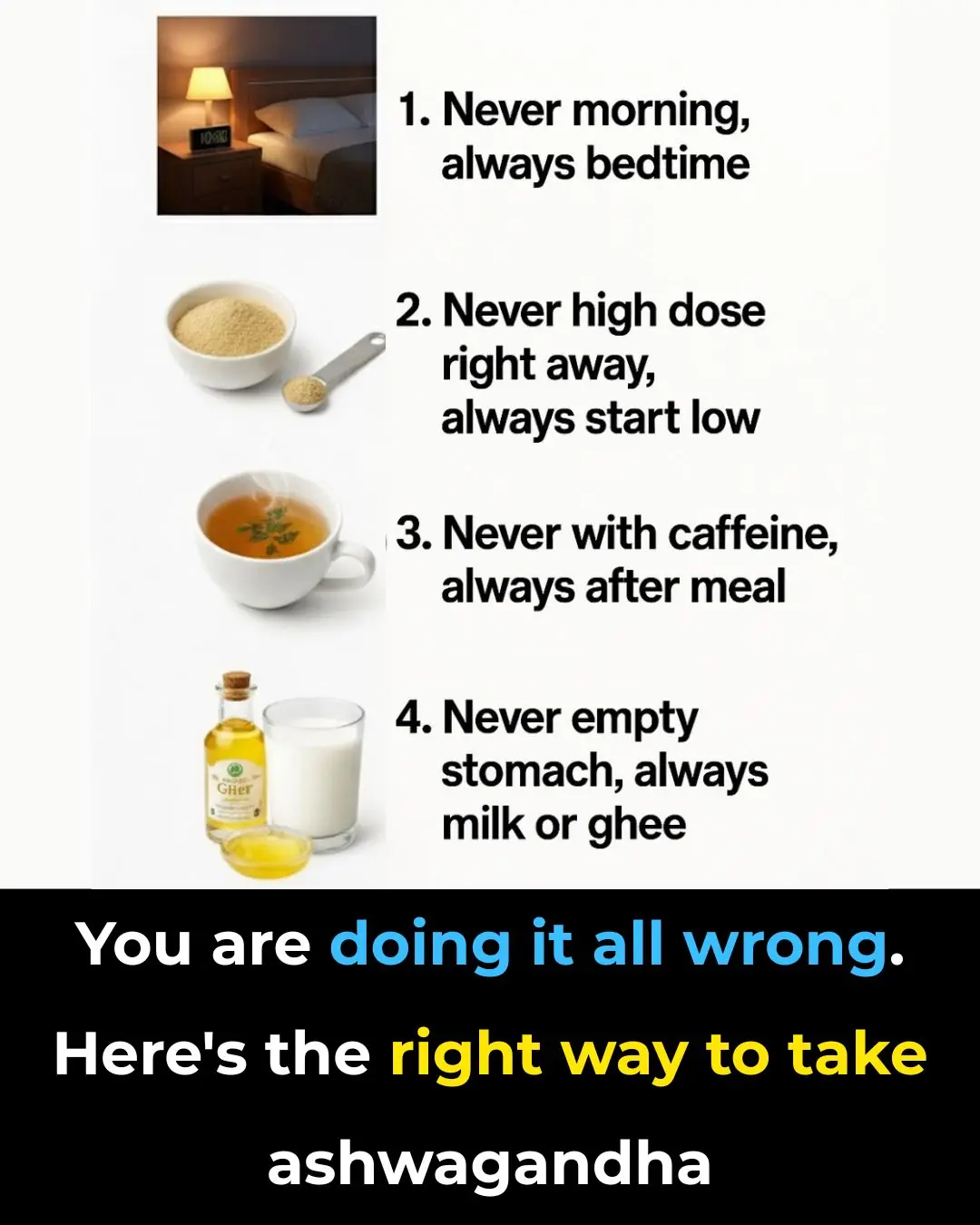
The Right Way to Take Ashwagandha: A Science-Backed Guide to Unlock Its Full Potential
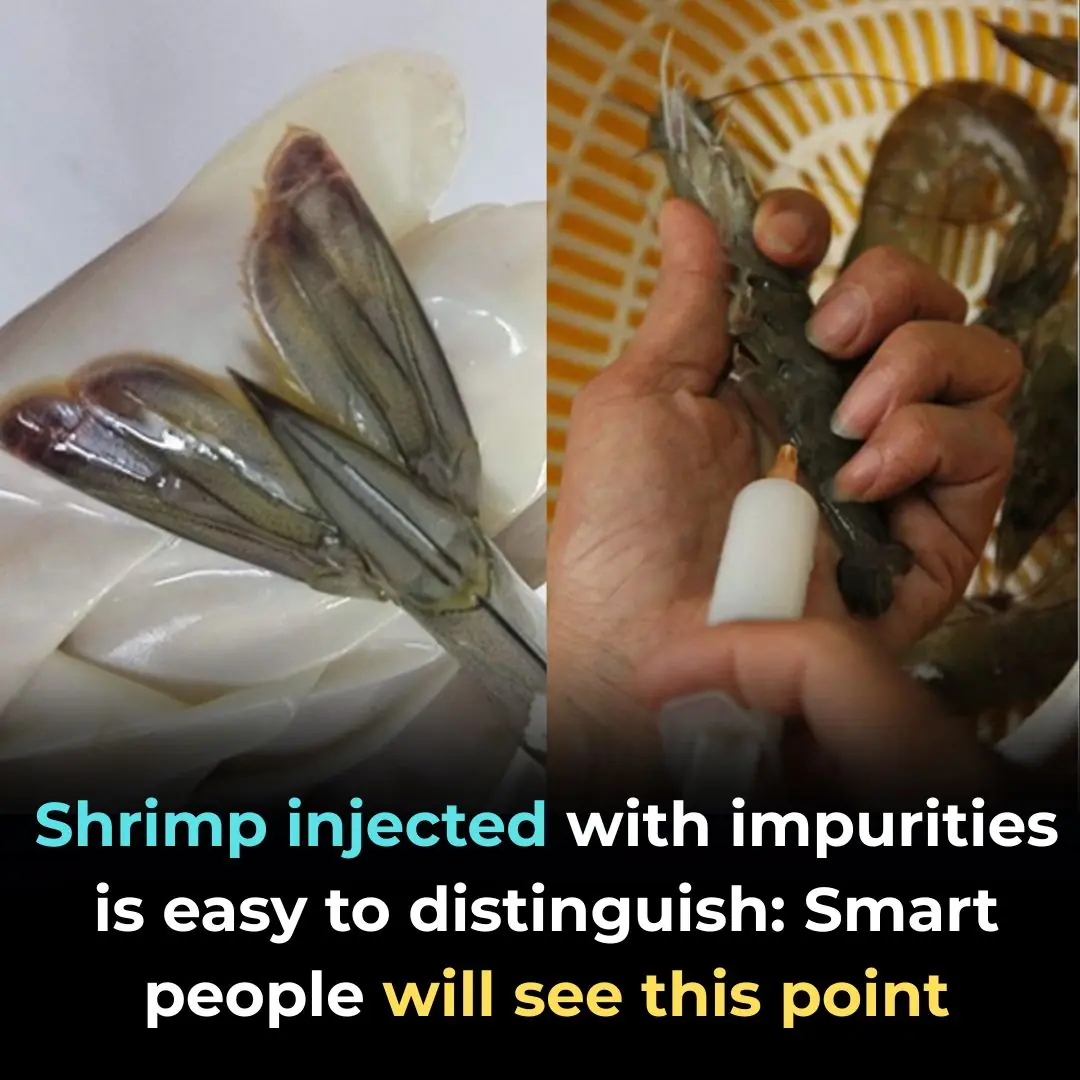
Shrimp injected with impurities is easy to distinguish: Smart people will see this point

Tips for cleaning an air fryer without scrubbing and still clean as new
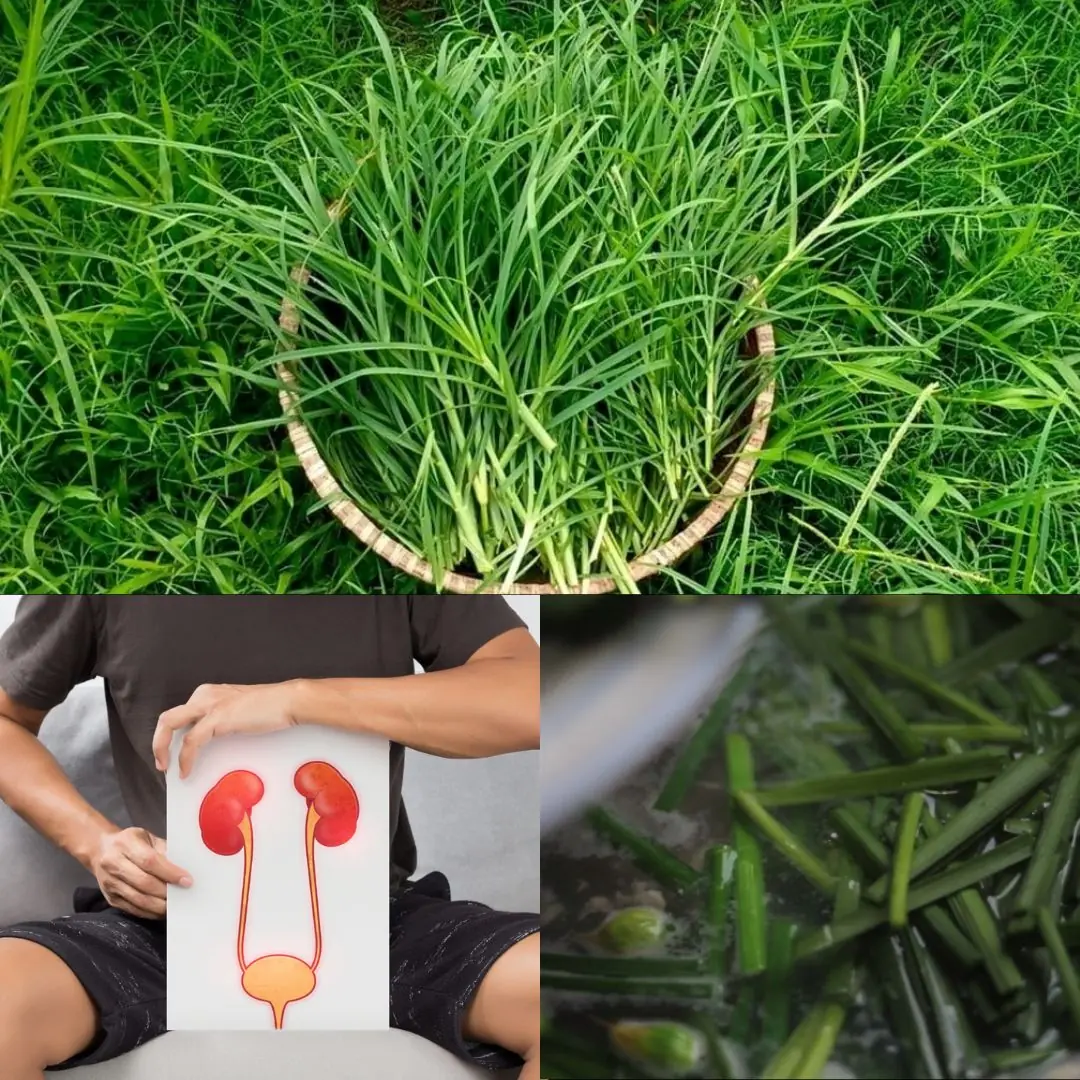
25 Incredible Health Benefits of Goosegrass

The water pipe is clogged, just blame this and it will be solved easily, no need to waste money calling a plumber.

How to clean the bathroom easily and effortlessly: It will stay clean and fragrant all week long
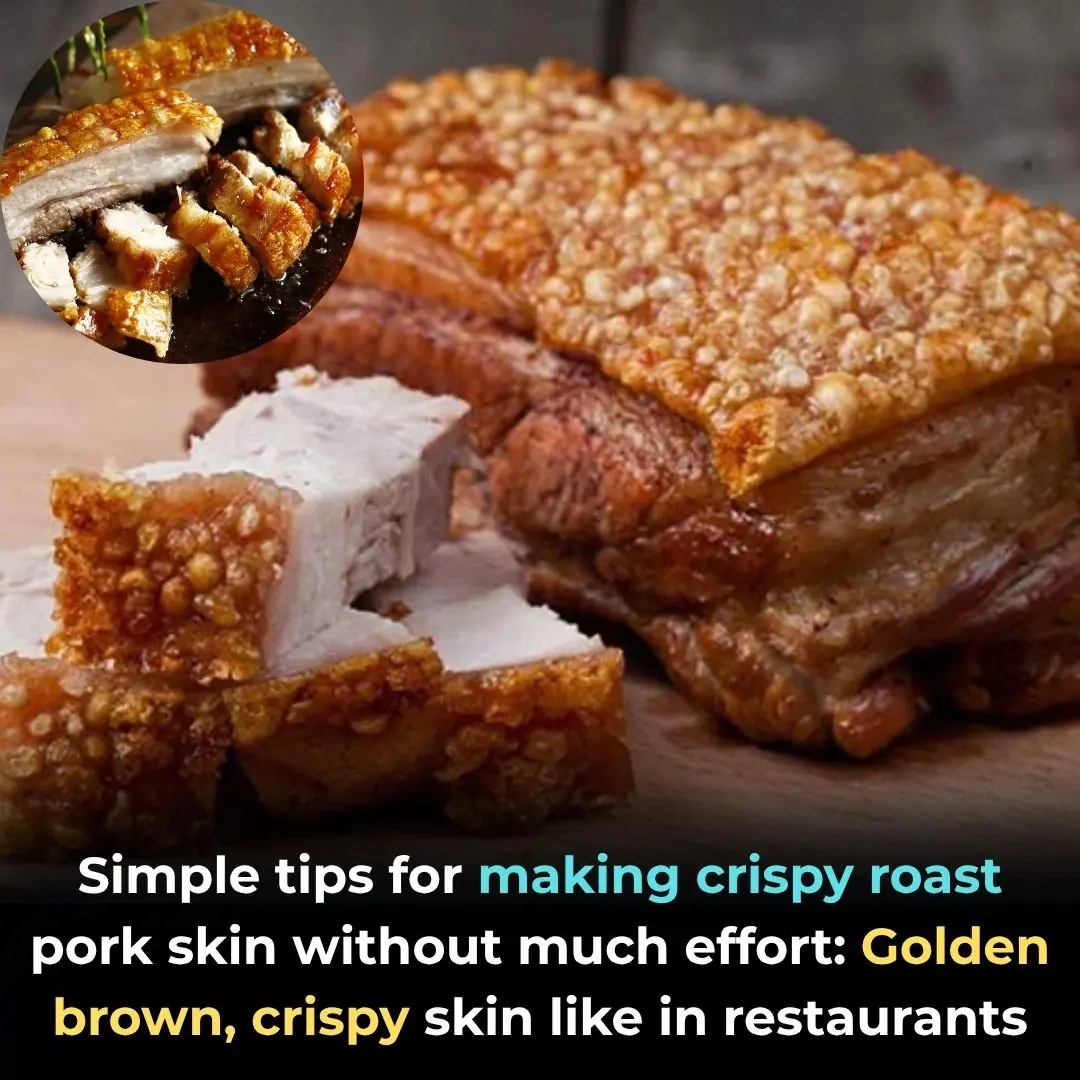
Simple tips for making crispy roast pork skin without much effort: Golden brown, crispy skin like in restaurants

How bathing too often can affect your health

Dirty sofa, do not use wet towel to wipe: Use this to clean it, it will not be damaged
